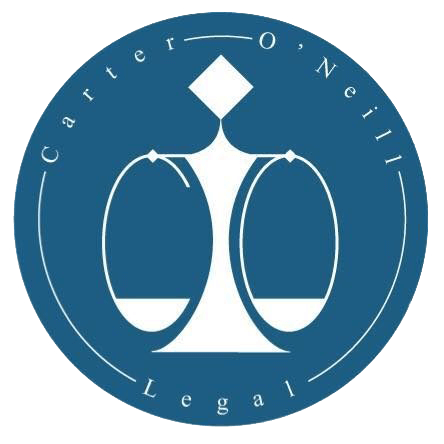First Home Buyers
January 10, 2021The Repercussions of a Poorly Drafted Building Contract
January 10, 2021What is a mortgage?
A purchase of a property is usually achieved by obtaining a mortgage to help finance the property. A mortgage is essentially a ‘statutory charge’ in favour of the lender over the property which is usually held in their name.
The mortgage is a formal document that secures the repayment of funds loaned and interest accumulative and is registered on title. The loan document entered into between the purchaser and the lender, provides the lender with the right to sell the property if the purchaser defaults.
Registration of this mortgage document also protects the lenders legal interest, as the property cannot be altered without the lenders consent and cannot be sold without first discharging (and paying out) the loan over the property.
What are my obligations?
The person or institution lending the monies is known as the mortgagee and the person receiving the mortgage is known as the mortgagor. The mortgage is the term given to a legal contract between both the mortgagee, mortgagor, and the secured property – which is referred to as collateral.
A mortgage is quite a substantial commitment and for some the biggest financial commitment they will make in their lives. It is important that you are aware of your rights and obligations under the mortgage as by signing this document, you are bound to the terms included. This includes being liable for regular payments of principal and interest and other charges.
The National Credit Code applies to most loans and requires the lender to make significant disclosure regarding all fees and charges applicable. However, if you fail to meet your repayment on time, the lender can default a higher interest rate as well as extra fees for chasing up your payments. The lender can in these circumstances:
- Sue you or any other person under the mortgage.
- Repossess the property and after notice is served to you, sell the property to recover the outstanding monies owed including interest and other fees such as marketing and maintain the property.
- If there is a shortfall of the monies owed to the lender and the amount the property sold for, they are still able to sue any persons under the mortgage personally.
It is important to note that as well as attending to repayments of the loan, a mortgagor must maintain the property, take out adequate insurance over the property (sometimes the lender will specify the amount it needs to be insured for) and comply with all relevant laws that govern the property.
What happens if I default on my loan?
If you are unable to pay your loan, the lender may exercise their power of sale and obtain possession of the property and/or foreclose the property.
If a lender decides to take this course, they must act in good faith towards the mortgagor and try to mitigate the loss. This includes the property must not be sold for under market value and if the mortgagor suffers loss due to the lender acting recklessly, the lender will be liable.
The lender must also give notice in accordance with the procedures governing this. Once the mortgagor has been served with the notice, they have 30 days to remedy the default before the lender can take any action. We recommend that you get in touch with your lender when you are experiencing any financial difficulty and try and reach a solution. Some lenders may accommodate you until your financial situation improves.
It is important that you seek legal advice when borrowing money. We will review the loan documents and explain to you in plain English your rights and responsibilities. We also recommend you obtain good financial advice before committing to any loan. Contact Carter O’Neill Legal today for any of your property needs.
